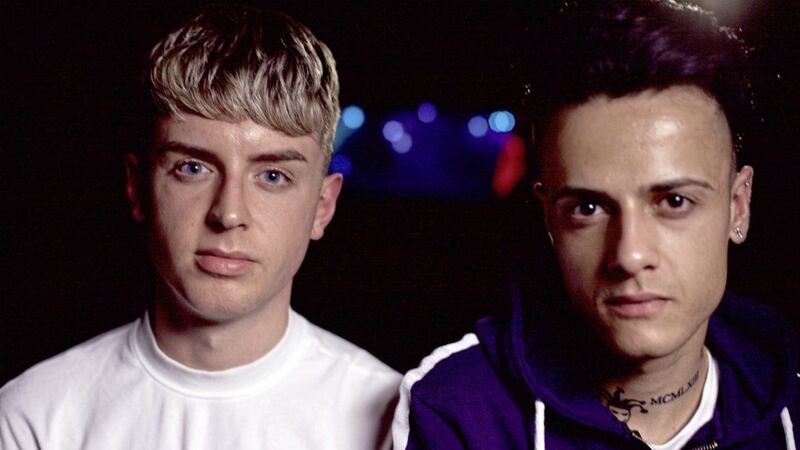I Am Bolt, BBC 1, Monday at 9pm
It’s probably not fair, but the nagging doubts just won’t go away.
Usain Bolt is the fastest man the world has ever seen and the winner of nine Olympic Gold medals (although one was removed) and he will retire after the World Championships as a hero of sport.
He lives on the upper rostrum of the sporting world with Muhammad Ali, Michael Jordan, and Tiger Woods; men who dominated all who challenged them.
Yet, can we be certain that he ran clean?
Athletics, like cycling, has been deeply infiltrated by the drug cheats.
Earlier this year, one of Bolt’s team mates in the Beijing relay tested positive retrospectively for a banned substance and the gold medal was removed from the foursome.
It leaves a frightening statistic for Bolt fans - just six men have run the 100m in less than 9.79 seconds and Bolt is now the only one not to have committed a doping violation.
Perhaps Bolt is a crazy outlier. A man so much better than the opposition that even when they have the best pharmaceutical support he still beats them.
It is important to stress there is no evidence of doping by Bolt who insists he is clean.
Curiously, there was almost no mention of drugs in the I Am Bolt documentary, except one reference to his rival Justin Gatlin’s problems.
And it wasn’t that Bolt was showing us how he was using the best sport science available.
The Bolt training centre we saw in Jamaica was spartan. A massage on an outdoor trolley, running with a weight strapped to him, resistance bands, ice baths and his coach with a stopwatch was as sophisticated as it seemed to get.
The only time we saw any technology was when Bolt had a hamstring problem and he flew to Germany to see a specialist in Frankfurt.
Asked at a press conference about drugs in the sport, the day after the documentary was screened on BBC 1, Bolt said he thought things were improving after Russia was banned because of state organised doping.
“You can’t be happy about doping at all, it’s not good for the sport. But over the years we’re doing a better job, it’s getting clean and we’re catching up to a lot of athletes. There’s an understanding that, listen, if you cheat you will get caught. Over time the sport will get better.
“I said a couple of years ago it had to get really bad, when there’s nowhere else to go but up. The only way track and field has left to go is up.”
****
Is It Safe To Be Gay In The UK? BBC 2, Tuesday at 9pm
You may have thought that homophobic attacks were a thing of the past now that the UK and Ireland (with the notable exception of Northern Ireland) have legislated for same sex marriage.
Is it Safe To Be Gay in the UK? showed that violent objection continues.
The documentary didn’t give us the statistics but instead allowed the victims to tell their stories. The experience of Dain and James would break your heart.
The young couple were followed from a nightclub and attacked in Brighton of all places.
Dain was kicked unconscious and at one stage thought he was going to lose his sight. James’s injuries while serious, were less severe than Dain, but his confidence has been shattered by the experience.
In a deeply moving section of the film, Dain remonstrates with James for “always wearing tracksuits” because he is afraid to wear his old clothes which might identify him publicly as gay.
“You have to be careful,” James says.









